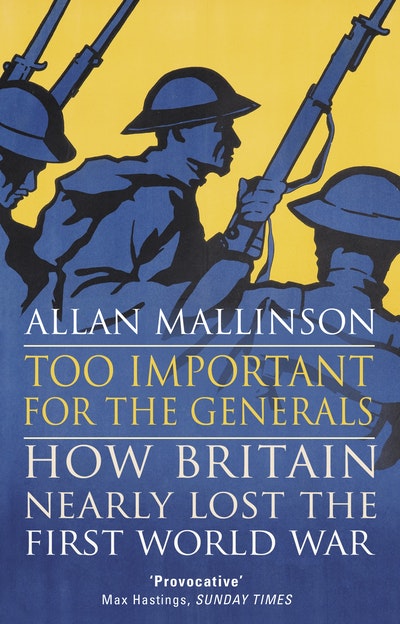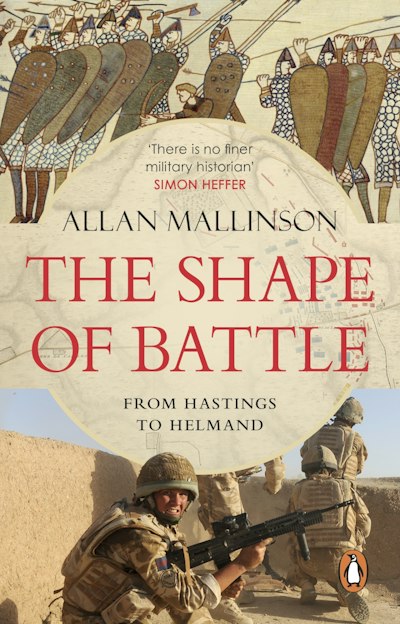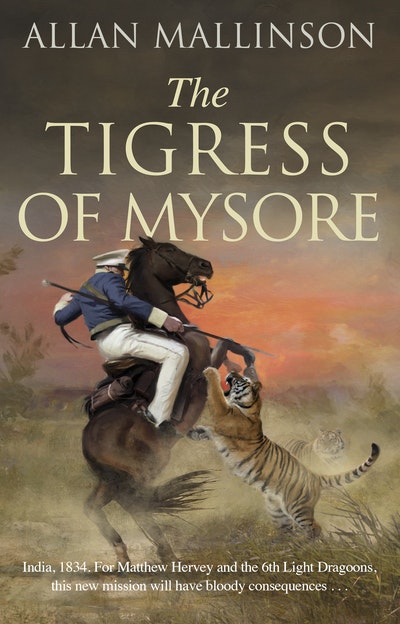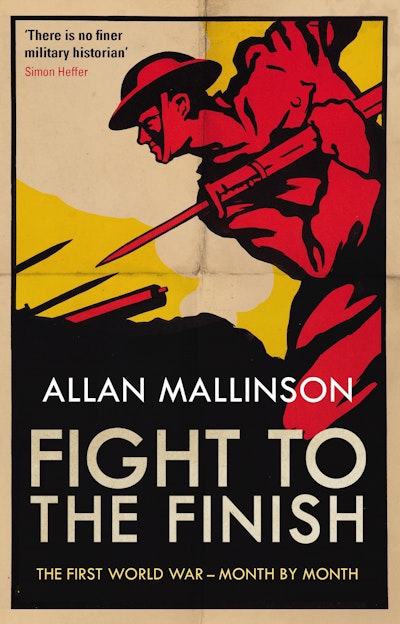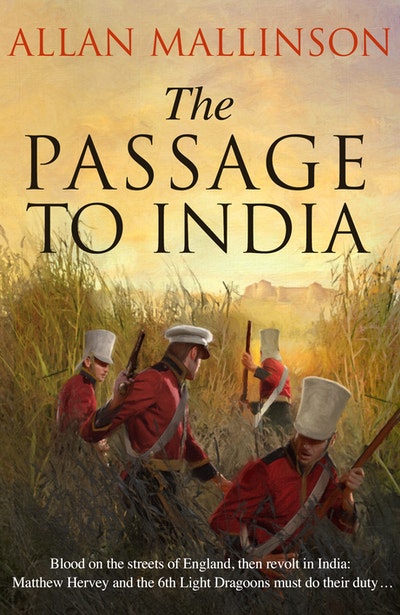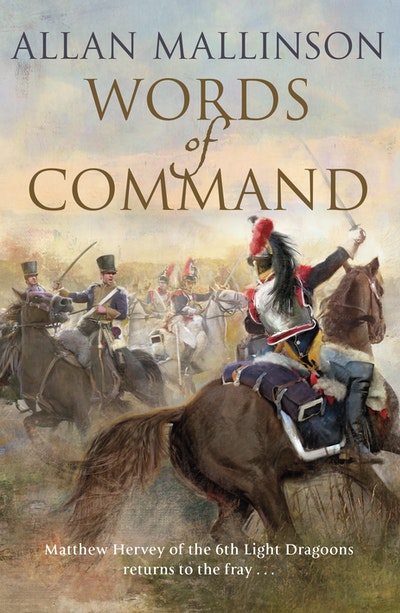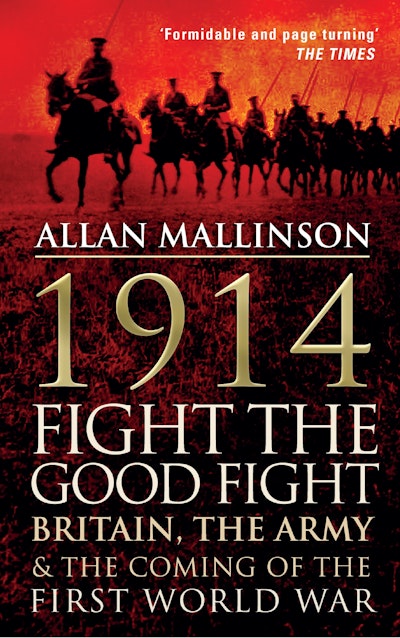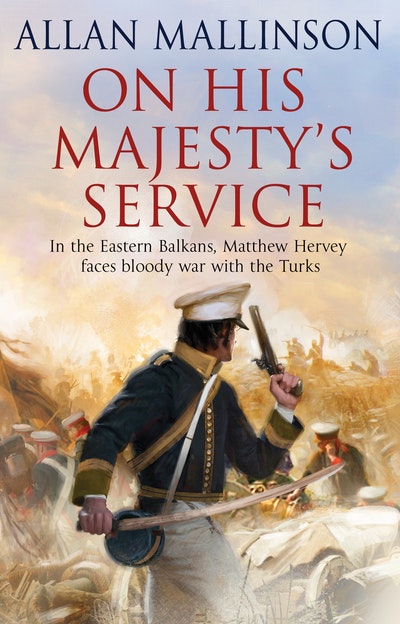- Published: 31 July 2017
- ISBN: 9780553818666
- Imprint: Bantam
- Format: Paperback
- Pages: 416
- RRP: $39.99
Too Important for the Generals
Losing and Winning the First World War
- Published: 31 July 2017
- ISBN: 9780553818666
- Imprint: Bantam
- Format: Paperback
- Pages: 416
- RRP: $39.99
Allan Mallinson puts his case compellingly in a stimulating overview of the war. He combines the authority of a soldier-turned-military historian with the imaginative touch of the historical novelist.
Lawrence James, THE TIMES
Mallinson . . . argues persuasively that those charged with sending men into battle should have given a better account of themselves. As the nation commemorates one of the darkest chapters in British Army history, it is hard to disagree.
SOLDIER magazine
Engaging writing and excellent presentation . . . a tricky yet well-crafted analysis, which adds to the revisionist school of thought with some edgy arguments, this is sure to get you thinking.
BRITAIN AT WAR magazine
Very readable . . . excellently researched . . .a must for anyone interested in military history and the interface of political and military power; the fact that, 100 years on, historians are still in such disagreement demonstrates just how important and absorbing the debate remains.
COUNTRY LIFE
Provocative . . . succinctly summarises the big battles of the conflict, before discussing the commanders' shortcomings, which is his theme.'
Max Hastings, SUNDAY TIMES
His bracing polemic . . . vivid, concise . . . he has a keen eye for telling statistics . . . he also sprinkles his grim narrative with colourful eye-witness accounts . . . among the glut of books published to mark the Great War's centenary, this deserves high marks for passion and clarity.
Andrew Lynch, SUNDAY BUSINESS POST
Refreshingly clear . . . this is a well-written, at times provocative, and concise overview of why the war was conducted as it was, and why it probably was too important to be left to the generals.
Simon Heffer, NEW STATESMAN
An insightful study of generalship on both sides.
DAILY TELEGRAPH 'Books of the Year'
